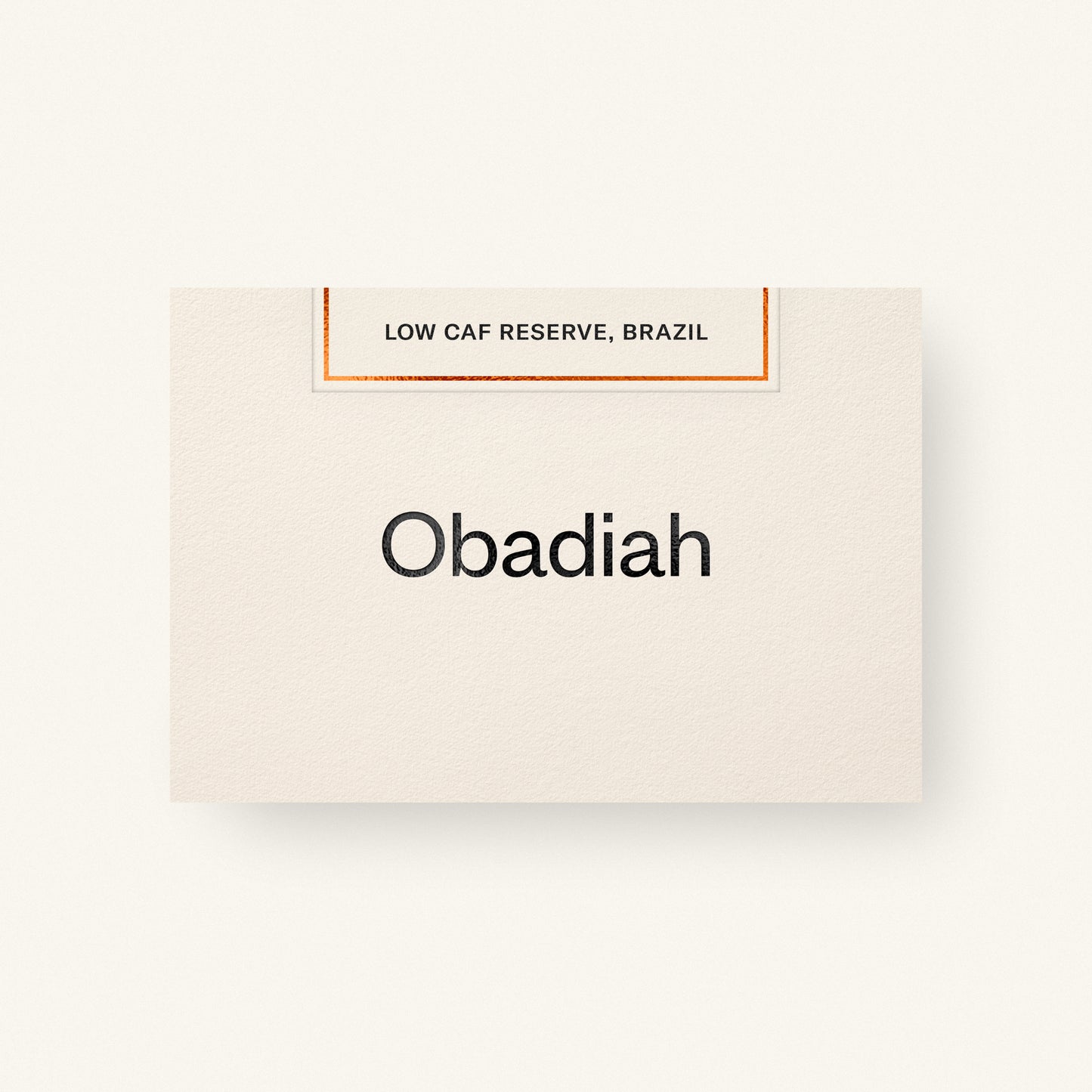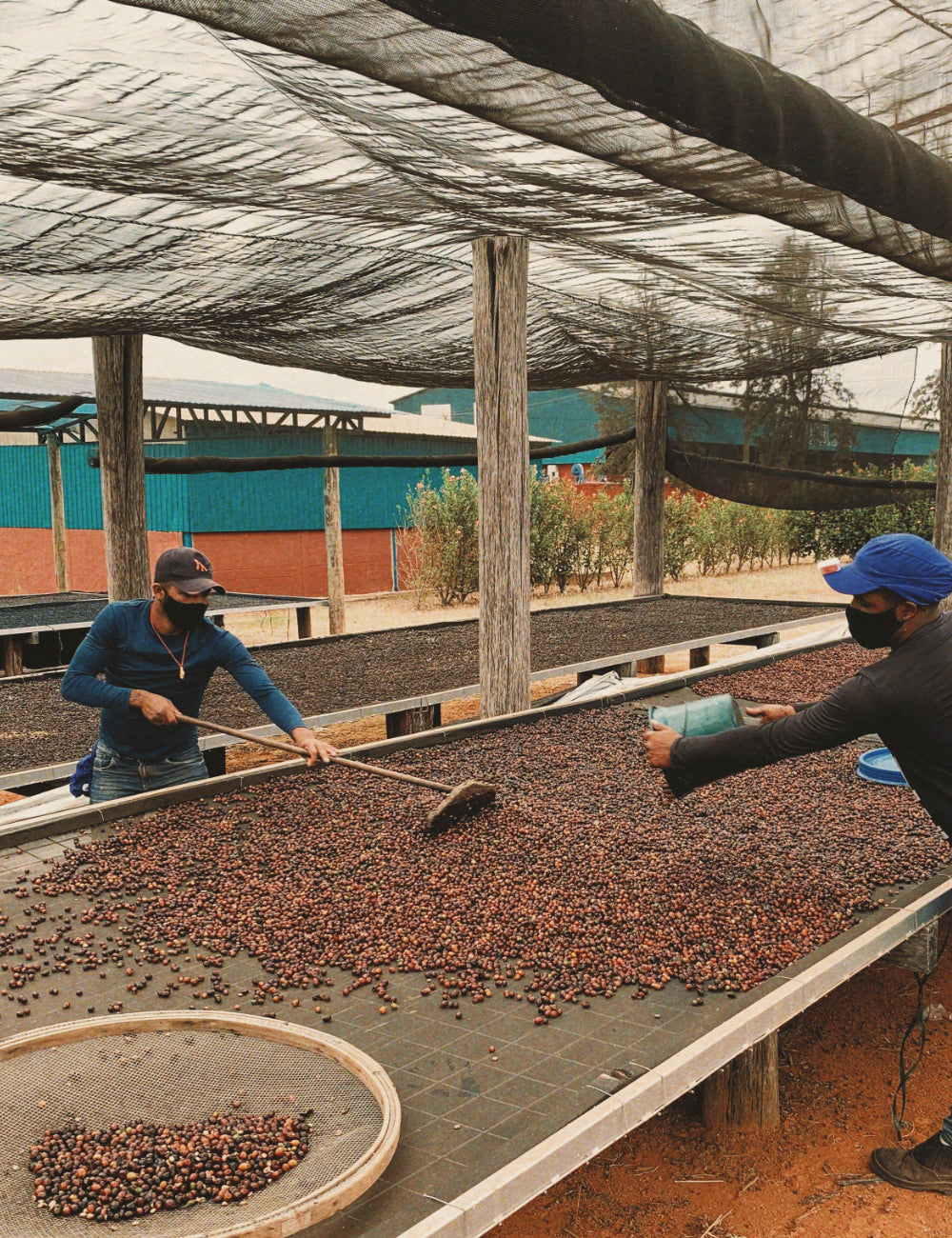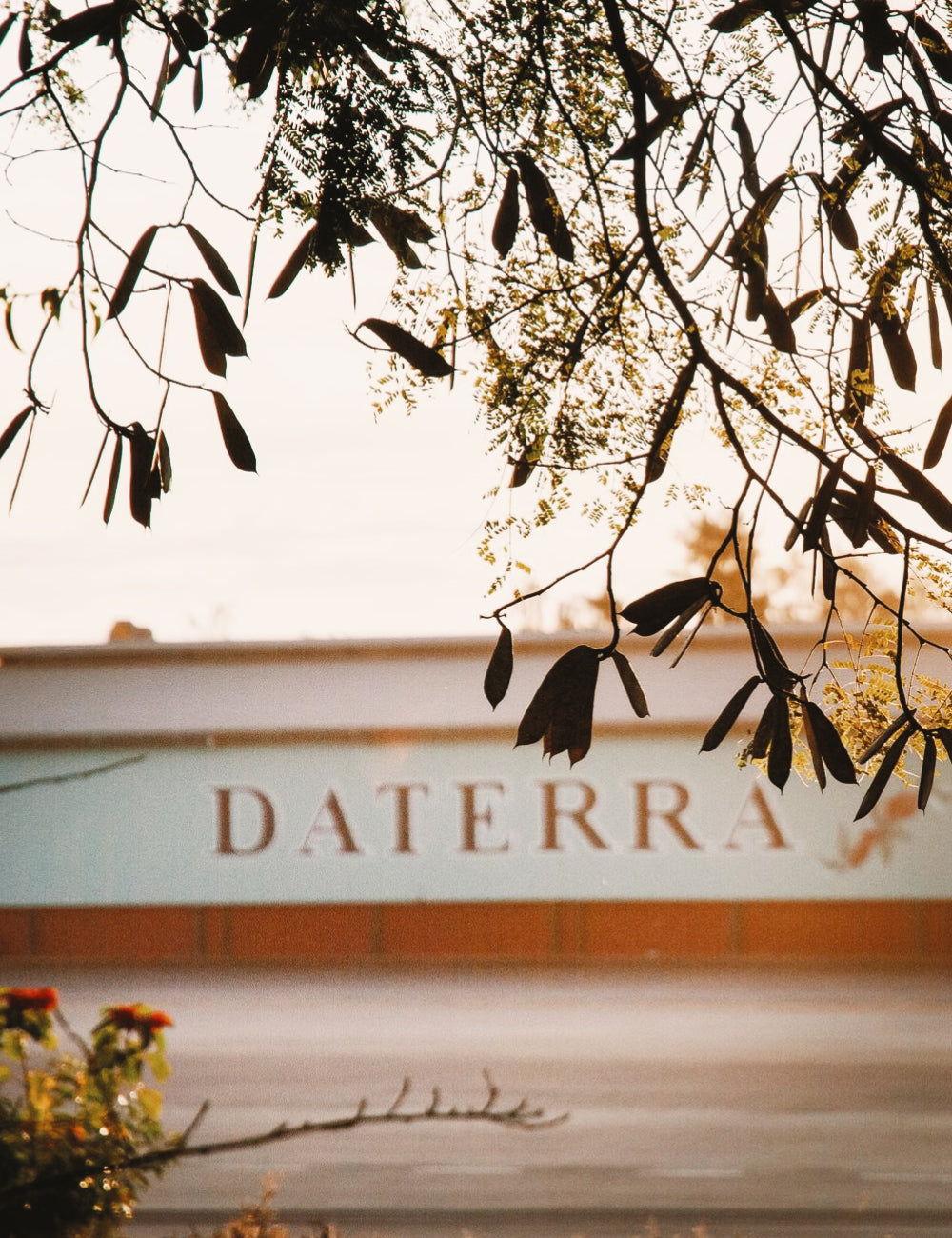Low Caf Reserve
Low Caf Reserve
Naturally low in caffeine, this lot brings together two rare cultivars, refined over 20 years at Daterra: refreshing grape & soft florals.
Regular price
£16.50
Regular price
Sale price
£16.50
Unit price
per
Couldn't load pickup availability
Character
Character
We taste grape and florals.
Brewing
Brewing
Recommended for espresso and filter.
Resting
Resting
We recommend resting our coffee inside its sealed bag for a minimum of 21 days to enjoy the best results.


Low-caffeine varietals.

The Producer

